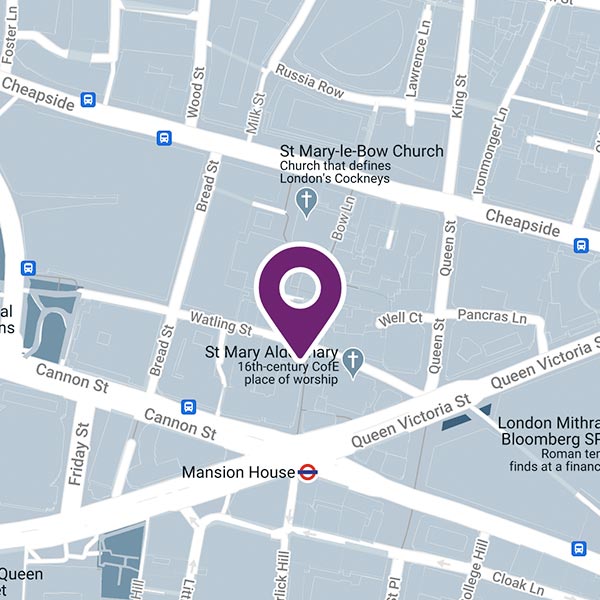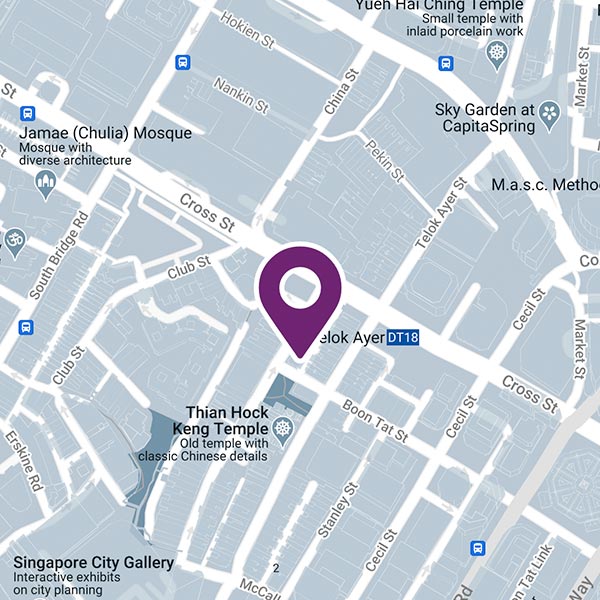Mental health is often overlooked in the workplace. Many people don't understand what mental health entails and mistakenly assume that it only relates to having depression or anxiety. Mental health includes all aspects of our lives that affect how we feel, think, behave, and relate to others; this includes physical, psychological, and social well-being.
Organisations should show their support for psychological safety by creating an environment where employees can feel safe in their workplace without fear of being judged or discriminated against because of possible mental health issues. Multiple studies have found a powerful correlation between the mental health of employees and their work performance.
What Exactly is Psychological Safety?
When employees feel psychologically safe in their workplace, they are more likely to speak up about a problem than when they don't. Psychological safety is the belief that one's contributions matter and can make a difference. It's the sense that if you take risks, your work will be valued and not rejected or punished. When people can participate in decisions that affect them, they're more engaged and committed to their organisation.
How Does Mental Health Affect Work Performance?
Studies have found that emotionally healthy employees show higher productivity levels, lower absenteeism rates, and less leave time than those with poor mental health. That's simply because when we are not feeling good about ourselves on an emotional level, it can be challenging to feel happy or encouraged enough to go out into the world and do something productive.
How to Support Mental Health in the Workplace?
As a result of the Covid-19 pandemic, many companies allowed their employees to work from home. A major study recently published by Microsoft showed that "hybrid work is the next great disruption" because more than 70% of workers want to permanently maintain their flexible remote work options.
In a hybrid work environment, employers need to be prepared to face new challenges vis-à-vis the psychological safety and mental health of their employees because studies show that remote workers are struggling with issues such as loneliness and isolation. To help combat these problems, managers can take the following four measures:
Be Proactive
Employers should be proactive about mental health because employees who are in pain can't be their best selves. Create a culture of psychological safety by providing education on mental health and the language used to talk about it.
You should first provide a clear understanding of the company's mission and values so that employees know how to align their work and personal life.
Encourage people with mental illness to ask for support when needed. Emphasise that taking care of our emotional well-being is as important as physical wellness. Remove the stigma from all interactions, including performance reviews.
Be Aware
Employers also need to be aware of indications that someone may have an issue. Signs include increased absenteeism or lateness at work, changes in attitude towards co-workers, reduced productivity, or poor-quality output due to errors made while working. If you notice these warning signs, do not hesitate to reach out for help.
Provide Training
You should provide training to managers and supervisors on two matters: how to better manage their teams and how to handle mental health issues with employees. Training for managers and supervisors should include how they can help employees with mental health issues in a non-judgmental manner. Trainees should also be given information about what to do if an employee has suicidal thoughts.
It's essential for all staff members at your organisation, including HR personnel responsible for training management on such matters - to understand this content before providing their own individual training as needed.
Finally, provide periodic refreshers, so everyone stays up to date on these policies.
Be Flexible
Allow employees struggling with mental health issues to work from home if needed or take time off work without fear of losing their job to get the help they need.
Teleworking, for example, may offer relief for in-office workers who find it hard to get out of bed due to depression, anxiety or other factors related to mental illness.
To sum up, in order to get the most out of your employees, you need to be mindful that they are human beings with needs - not just cogs in a machine. That's why employers need to invest in psychological safety and mental health in the workforce. This is not just morally right but also strategically imperative because research has shown investing in this area will pay off big time. Employees enjoying high levels of psychological safety and mental health feel more satisfied at work and less likely to leave.












